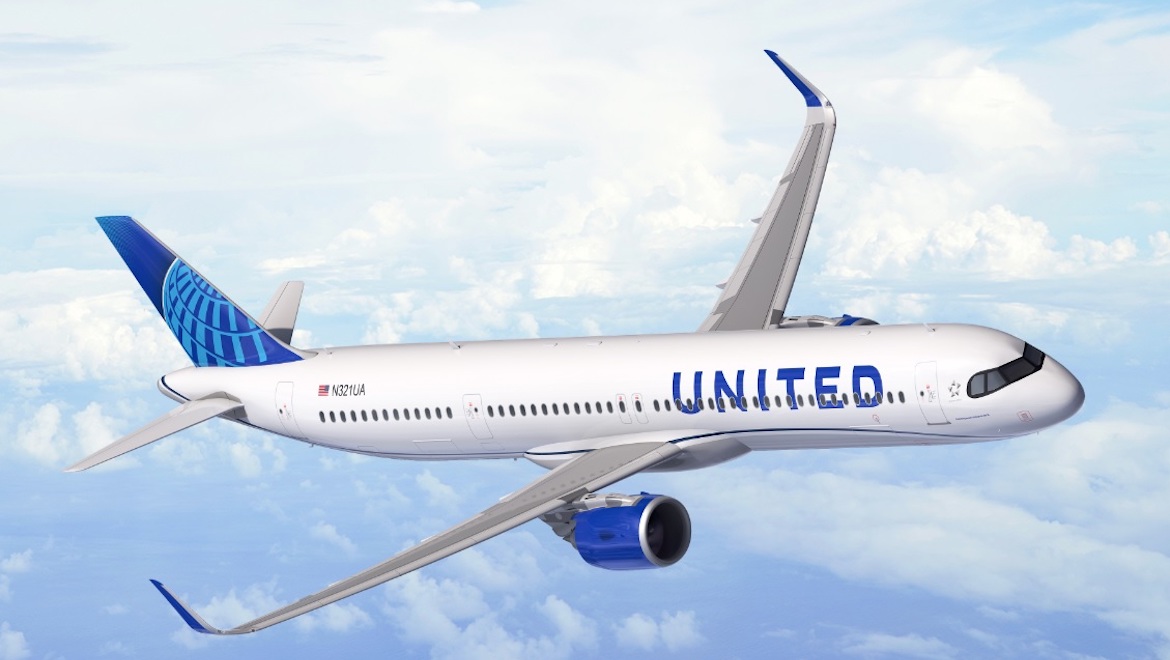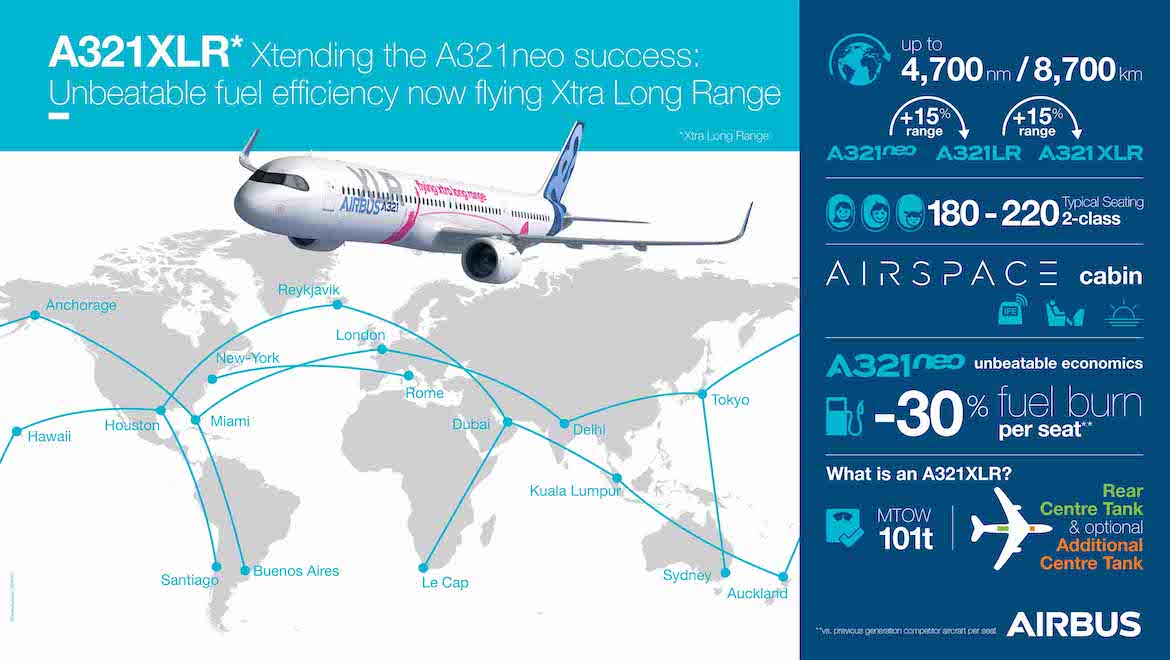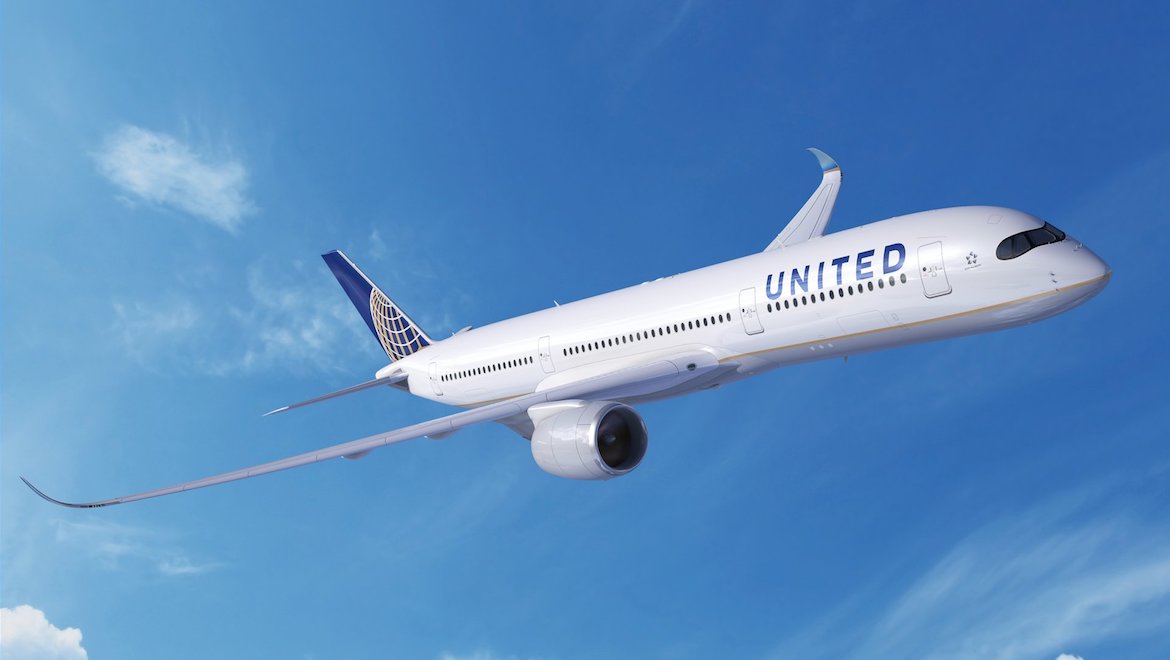
United Airlines has put pen to paper for 50 Airbus A321XLR long-range narrowbodies to replace its existing fleet of Boeing 757-200s and announced plans to push back deliveries of the 45 A350-900 on order by five years.
The first A321XLR was expected to join the fleet in 2024, United said in a statement on Tuesday (US time).
In addition to replacing the 757-200 fleet, United said the A321XLR would allow the airline to “explore serving additional destinations in Europe from its east coast hubs in Newark/New York and Washington”.
“The new Airbus A321XLR aircraft is an ideal one-for-one replacement for the older, less-efficient aircraft currently operating between some of the most vital cities in our intercontinental network,” United executive vice president and chief commercial officer Andrew Nocella said in a statement.
“In addition to strengthening our ability to fly more efficiently, the A321XLR’s range capabilities open potential new destinations to further develop our route network and provide customers with more options to travel the globe.”
Currently, United had 53 757-200s in service.
Launched at the Paris Air Show, the A321XLR had a published range of 4,700nm and seating for 180-220 passengers in a typical two-class configuration, figures from Airbus showed.
Technically, the A321XLR differs from the A321LR in that the auxiliary centre tanks (ACT) in the hold area otherwise used by luggage and/or cargo was supplemented by a new integrated rear centre tank (RCT), installed as more of a permanent feature than the removable ACT.
Meanwhile, a modified landing gear would enable an increased maximum takeoff weight of 101 tonnes. Further, Airbus said the aircraft also had “an optimised wing trailing-edge flap configuration to preserve the same take-off performance and engine thrust requirements as today’s A321neo”.
Deliveries were expected to begin in 2023, with Middle East Airlines (MEA) the launch customer.
Orders for the aircraft so far have come from Aer Lingus, Cebu Pacific, Iberia, Qantas’s low-cost carrier (LCC) subsidiary Jetstar and Saudi Arabian Airlines, as well as from leasing companies.

United said its A321XLR aircraft would burn about 30 per cent less fuel per seat compared with previous generation aircraft.
This would support the airline’s efforts to reduce its carbon footprint by 50 per cent, compared with 2005 levels, by 2050.
Meanwhile, United said it had deferred the delivery of 45 A350-900s until 2027 to “better align with the carrier’s operational needs”.
The airline had previously planned to start receiving the next-generation Airbus widebody from 2022.





